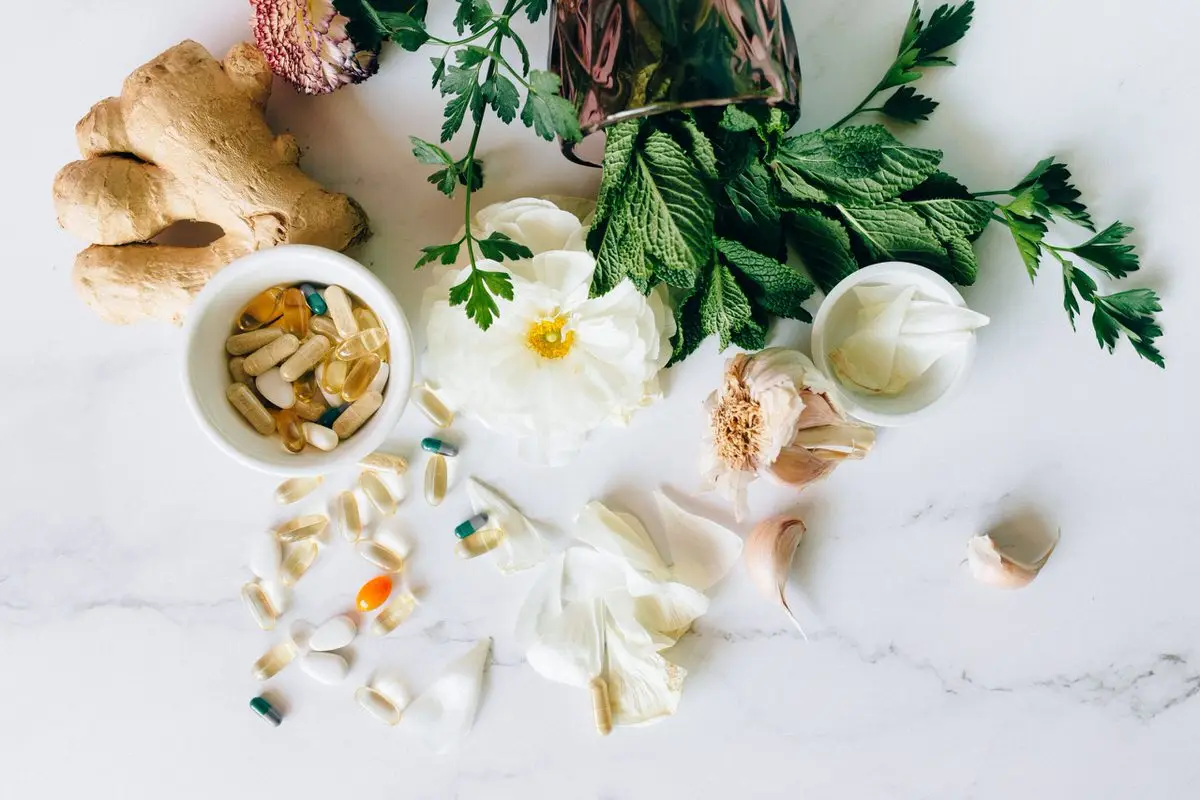Matching fibre supplements to your gut health and symptoms
We have come a long way since fibre supplementation meant adding bran to your morning cereal! Investigating which fibre supplements would be most suitable for a gut health study recently, I realised just how confusing it must be for people who are aiming to maintain or regain optimal gut health to work out which supplement or combination of fibres might best suit their gut.
While the answer depends somewhat on whether you have a gut condition or gut symptoms or not, there are some ‘gut health’ principles that apply to everyone.
Fibres are classified based on their fluid drawing capacity (solubility) and how well they feed gut bacteria (fermentability).
All foods have the potential to influence bacterial diversity and abundance along the digestive tract and in the bowel, but fibre is key because it :
- resists digestion
- makes it to the bowel
- may be fermented by gut bacteria.
The fibres that can be fermented are called ‘prebiotic’, meaning that they can improve the balance of gut bacteria. Different gut bacteria have their own fibre preferences so eating a variety of dietary fibres increases the diversity of gut bacteria compared to a refined diet.
While food sources of fibre from whole grains, fruit and vegetables are ideal for maintaining gut health. Here we focus on some fibre supplements that may be helpful if your food range is limited, or you need a little extra boost.
If you suffer from IBS, inflammatory bowel disease or coeliac disease, please consult with your dietitian about which fibre supplements would be most suitable for you.
Some common fibre types that you may have heard of include:
Inulin
If you see ‘prebiotic’ yoghurt at the supermarket, it is likely to contain soluble, fermentable inulin fibre from artichoke, chicory or agave. When inulin is fermented by bacteria, lots of beneficial short-chain fatty acids are produced. A review of inulin and microbiome composition in adults showed that 5 to 20 grams of inulin in the diet each day consistently increased healthy gut bugs compared to unhealthy gut bugs, and can reduce constipation (Le Bastard, 2020).
One word of caution though, too much inulin might cause gut symptoms, even for those with an ‘iron gut’. It may also ‘overwork’ the gut bacteria, so bear in mind with inulin you can have “too much of a good thing”.
Eat more inulin if you: Want to increase the range and number of healthy gut bugs
Avoid too much inulin if you: Have IBS and are sensitive to wheat foods
Psyllium
Best known as the main ingredient in Metamucil™, psyllium can also be purchased in its natural ‘husk’ form or as a smooth powder. The main benefit of psyllium is its incredible fluid soaking effect. If you consume a teaspoon or two of psyllium a day with plenty of water, it can expand and soften ‘poo’ to prevent constipation. It’s fluid absorbing capacity makes it equally effective in helping overcome diarrhoea. Although psyllium can be partly fermented by gut bacteria, it does not seem to be as troublesome to people with IBS as other fibres (Gunn, 2021)
Eat more psyllium if you: Want to normalise your bowel habits
Avoid excess psyllium if you: Do not tolerate it well, if you don’t drink enough water or if advised otherwise due to medications.
How to include psyllium: Mix smooth psyllium into smoothies or yoghurt, sprinkle psyllium husk on cereal or take a daily dose of Metamucil
Partially hydrolysed guar gum (PHGG)
Not to be confused with the food thickener guar gum (it’s related but not the same thing), PHGG is a well-tolerated commercial fibre supplement that has bulking and fluid absorbing qualities. Like psyllium, PHGG is effective for alleviating both constipation and diarrhoea, and may be better tolerated by people with IBS symptoms (Reider, 2020). PHGG completely dissolves in water and has no flavour, making it incredibly versatile to include in your daily diet.
Try PHGG if you: Have a sensitive gut but want to increase your fibre and reduce IBS symptoms
How to include PHGG: Mix into any type of drink or liquid, include up to 20 grams a day if tolerated
Some other interesting fibre types and supplements to look out for in the future include:
Human milk oligosaccharides were originally developed commercially for infant formula but are now available at pharmacies and online as a gut health supplement.
Glucomannan is the non digestible fibre in shirataki (or konjac) noodles. You can purchase these noodles in the health food section of the supermarket, or buy glucomannan as a fibre supplement.
Resistant starch: can be naturally occurring when dietary starches resist digestion, or added to foods to enhance the ‘fibre’ content (e.g. high fibre white bread)
What about commercial ‘gut health’ supplements?
When you are considering whether to purchase a ‘gut health’ product, ask yourself these questions about your symptoms and check the nutrition information panel:
- Does your gut feel substantially better within one month of taking supplement without any other dietary or lifestyle changes?
- What quantities of ingredients that are promoted as ‘gut health’ does it contain?
- Are the sources of evidence for the ‘gut health’ effects of ingredients referenced?
- Do the quantities of ingredients match up with research?
- Does a prebiotic food or supplement contain inulin? If yes, how well does your gut tolerate it?
- What makes it better than taking one or more of the fibre supplements or foods mentioned here?
If you have any questions about specific supplements book an appointment. for a video consultation with one of our gut health dietitians.
References

